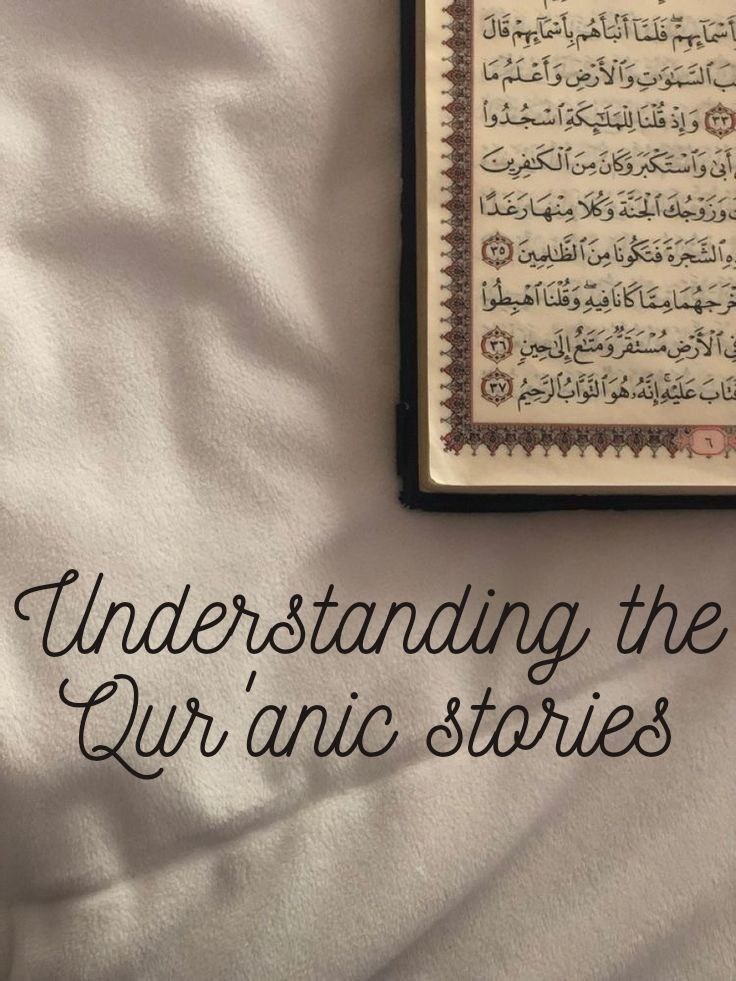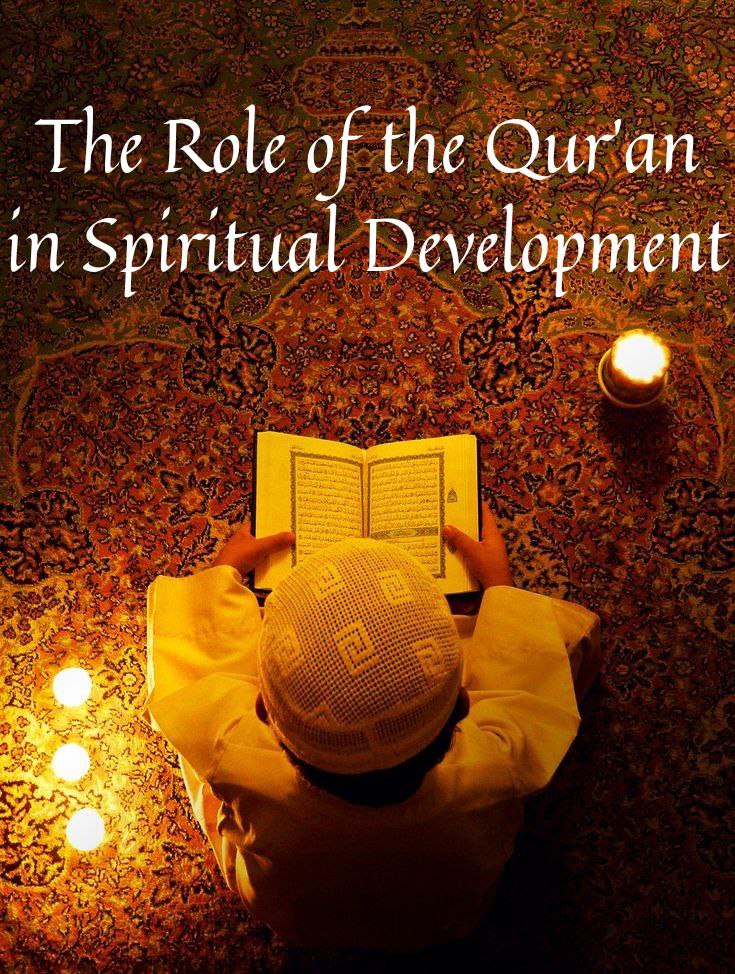Learning and understanding Quran, a treasure to be discovered for a better tomorrow
The Quran is a divine book that Allah SWT revealed through the angel Gabriel to the last Arabic Prophet, Muhammad PBUH.
The origin of the word ‘Qur’ān’ is Arabic which means “reading, recitation” from ‘Qirat‘ which means to “read, recite”.
Allah had sent this book down as a sacred message to let humanity know about Judgment Day, in which people will be raised alive again to be rewarded for their work.
And to guide them in their lives, by preventing them from associating partners with Allah SWT, warning them that God is The One who must only be worshipped, and committing the evil deeds they used to, which caused damage to everything around them.
So they will be able to cultivate the Earth with their good deeds which can only be fulfilled if they overhaul themselves at first.
This is the final aim of the Quran which is not only to be recited and memorized but also to be understood and applied as It came as a special guide from Allah, The Creator, to us.
This article will offer you a guide to help you understand and learn the Quran as it should be to live a meaningful life.
Overview of the Quranic narrative
Allah narrated the stories of the past prophets to the prophet Muhammad PBUH through the Qur’an for many reasons; whether to clarify the general message of Islam, to remind the prophet and his companions of what they should do by telling them the actions of the previous prophets while their struggles so they could be their role model, to support their convention in the hard times they face, to demonstrate the continuity and the truth of His divine message, or to deliver arguments against the enemies of Islam.
After Allah narrated the story to the prophet Yusuf PBUH, which was considered as a consolation to the Prophet Muhammad, and encouraging him to be patient until everything goes right as happened at the end of the narrated story, He SWT determined the main aim of telling this story saying,
“There was certainly in their stories a lesson for those of understanding. Never was it [i.e., the Qur’an] a narration invented, but a confirmation of what was before it and a detailed explanation of all things and guidance and mercy for a people who believe.”
Surah Yusuf
He SWT also says in another Surah,
“This is the example of the people who deny Our signs. So narrate ˹to them˺ stories ˹of the past˺, so perhaps they will reflect.”
Surah Al-A’raf
The relation between the Quran and historical events
So the main objective of Quranic narratives is not merely stating the historical events of the past nations such as the city of Iram, the river or sea through which the Bani Israel passed, the land of Ashab el-Hijr, or the Dhul Qarnayn Dam.
But Allah had warned humanity that you are no exception amongst these universal laws of history and that punishment can happen to you also like the previous nations if you insist to be disbelievers.
Allah SWT is forcing them to slow down and reflect on their state and compare it to the washed-up nations to change immediately.
Besides, this narrates can be a guide for the believers who feel lost and everything goes against them, that they are not alone in this current state.
There were former nations that felt the same way and God had guided them after testing their faith and patience promising them that this grief will be dissolved.
This is the law of Allah SWT in this worldly life. He says,
“Or do you think that you will enter Paradise while such [trial] has not yet come to you as came to those who passed on before you? They were touched by poverty and hardship and were shaken until [even their] messenger and those who believed with him said, “When is the help of Allah?” Unquestionably, the help of Allah is near.”
Surah Al-Baqarah

Understanding the Quran and the Quranic stories
The multiple Qur’an exegeses emphasized the idea that the Qur’anic text can have several meanings, because of the diversity of insights in different human contexts.
The process of retelling verses and stories from the Holy Qur’an using interchangeable language and diverse situations can happen by the repetition of a single story across several Surahs with different contexts, multiple styles, new terminology, and different eloquent and articulate patterns is a characteristic of stories that appear to be from the Quran.
Therefore, scholars and interpreters have counted eloquent and manifestational expressions of words and phrases.
They claimed that spreading the same event over several contexts was one of the goals of the Quranic narratives.
Why was the story of Adam and Eve repeated?
For example, in the story of Adam and Eve which is repeated in many Surahs, such as Al-Baqarah, Al-A`raf, and Ta-Ha.
The story in all its episodes is based on Adam’s tribute, and all the other aspects mentioned therein serve this concept of honor.
The honor of knowledge that Allah had taught him appeared in Adam’s knowledge. And the question of the succession of man on Earth revolved around Adam’s tribute. All the words and attitudes in them are based on this honor.
For instance, the same story is mentioned in two Surahs with two different contexts. In Surah Al-Baqarh, Allah, first of all, narrated the first story in the Quran, which is the story of Adam and Eve in the context of his honoring and mentioned the sin of Satan to condemn his sin towards Adam whom Allah SWT honored,
And ˹remember˺ when We said to the angels, “Prostrate before Adam,” so they all did—but not Iblîs, who refused and acted arrogantly, becoming unfaithful.
Surah Al-Baqarh
But in Surah Al-A’raf there was another context in which Allah continued narrating the story of Adam and Eve but from another perspective in which Allah SWT blamed the sons of Adam because they were not thankful towards Allah and warned the unjust nations of humans that they would be punished.
It is not for the aim of their tribute at this Surah, that Allah mentioned the same sin of Satan saying,
Surely We created you,1 then shaped you, then said to the angels, “Prostrate before Adam,” so they all did—but not Iblîs,2 who refused to prostrate with the others.
Surah Al-A’raf

The role of the Quran in spiritual development
Human beings were created as physical bodies and spiritual souls. The body gets its food and that enables it to grow and feel better. But if one ignores the fact that his body needs to be fed, many problems can occur on the spiritual level.
Because the Quran constantly reminds us of God, the transient nature of life in this world, death, the Resurrection, the Day of Judgment, Paradise, and Hell, it grounds us and is crucial for our spiritual development.
This makes us less concerned about life and its problems and then we know that everything has an inescapable end. Remembering this fact causes relief in our hearts. So we will be naturally directed to seek guidance and relief from the Quran as it is the only main source of that should be sought.
Shaykh Yasir Qadhi, in his book An Introduction to the Sciences of the Quran, provides a valuable meaning about the importance of Tafseer by saying, “The Quran is like a treasure trapped in a glass receptacle; mankind can view and benefit from this treasure, but they need Tafseer, for Tafseer acts like the key that unlocks the treasure so that mankind can benefit from it to the greatest possible extent.”
Conclusion
In closing, understanding the Quran is one of the most important aims you can seek in your life. As you go on your life journey, you will need guidance whenever you feel lost, and there is no better guide than the Qur’an to help you do so. Tafseer will offer you help as the ancient scholars are more knowledgeable about the Arabic language and the context of every Surah. In general, your trial to understand the reason for which Surahs were revealed and their historical context will aid you in getting the best understanding of the Surahs of the Holy Quran.
Unlock the secrets of the Quran with Hamil Alquran Academy beginner-friendly Study the Quran online courses. Learn at your own pace and gain a deeper understanding of Islam.



